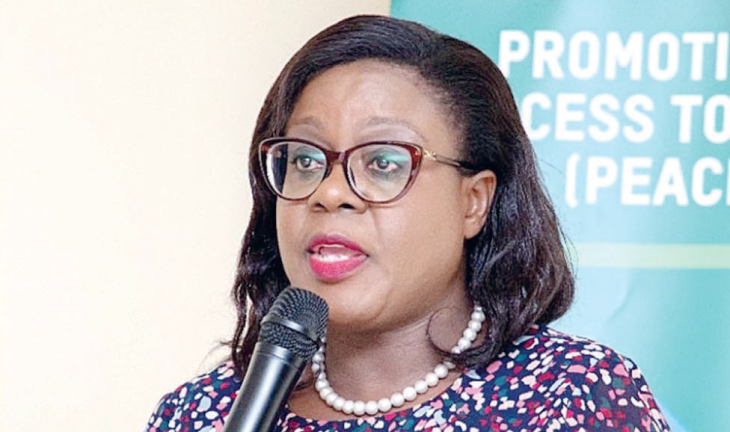
Revitalizing Malawi’s Economy: How Financial Inclusion Can Drive Prosperity and Reduce Poverty
Key Business Points
- Financial inclusion is crucial for reducing poverty among women in Malawi, with a 5.9 percentage point decrease in multidimensional poverty levels among financially included females.
- Access to finance enhances women’s economic empowerment, enabling them to acquire essential goods and services, and prioritize spending on food, nutrition, healthcare, education, and shelter.
- Private sector partnerships are essential for expanding financial access to poor communities, and can help bridge inequality and tackle pervasive forms of poverty, aligning with Sustainable Development Goals 1 and 10.
A recent study by the University of Malawi’s Economics Department, titled "The Impact of Financial Inclusion on Multidimensional Poverty among Females in Malawi," has shed light on the significant impact of financial inclusion on reducing poverty among women. The study, conducted by associate professors Gowokani Chijere Chirwa and Chimwemwe Misomali, analyzed data from 23,862 females, revealing that 58% of financially included women had lower multidimensional poverty levels compared to their non-financially included counterparts. According to the study, 53.3% of financially included women were classified as multidimensionally poor, whereas 67.2% of non-financially included women were identified as multidimensionally poor.
Oxfam Malawi country director Lingalireni Mihowa emphasized the importance of access to finance as a key pillar of women’s empowerment, stating that "when women get finances, their spending priorities are around food and nutrition, health care, education needs for children and shelter". Mihowa also highlighted the need for government and private sector collaboration to expand poor people’s access to finances, citing financial inclusion as key to bridging inequality and tackling pervasive forms of poverty. This is in line with the Chichewa business term "kujumpha katangale," which refers to the importance of financial inclusion in promoting economic growth and development.
Economics Association of Malawi president Bertha Bangara Chikadza described the research results as "profound and enlightening to policy holders", noting that multidimensional poverty goes beyond just income or consumption. Chikadza emphasized that financial inclusion can potentially solve many deprivations among females, contributing to the achievement of Sustainable Development Goal 1 (reduced poverty) and Goal 10 (reduced inequality). This is reflected in the Chichewa phrase "kuziba madzi," which means "to fill the gaps" and refers to the need to address the economic disparities faced by women in Malawi.
National Association of Business Women executive director Barbara Banda welcomed the study, stating that it vindicates their belief that lack of access to the financial system is a major barrier to women’s economic empowerment. Banda’s organization has long advocated for increased access to finance for women, recognizing its potential to unlock economic opportunities and promote " mfundo wa ma business" (business growth) among women in Malawi. As the study’s findings suggest, financial inclusion is a critical component of women’s economic empowerment, and its promotion can have a significant impact on reducing poverty and inequality in Malawi. By supporting initiatives that expand financial access to poor communities, businesses and policymakers can contribute to the achievement of Sustainable Development Goals and promote "chikwama cha mphatso"** (economic prosperity) for all Malawians.
What are your thoughts on this business development? Share your insights and remember to follow us on Facebook and Twitter for the latest Malawi business news and opportunities. Visit us daily for comprehensive coverage of Malawi’s business landscape.
- New Visions for Progress: Charting Malawi’s Next Generation Economic Growth - February 13, 2026
- Kanyika Niobium Mine Breaks Ground: Fuelling Malawi’s Business Growth - February 12, 2026
- RBM Tightens Grip: K145bn Treasury Decision Impacts Malawi’s Economic Landscape - February 11, 2026
